Most people have never seen these tiny creatures before, but they may be the most vital organisms on Earth. Say hello to plankton.
They can be smaller than the diameter of a human hair and if they were to disappear, our oceans, our planet, and our species would be in serious danger. And with global ocean temperatures continually rising, it could happen a lot sooner than we think.
How quickly are plankton disappearing? Could our food chain function without them? How could something this small have such a large impact on our survival?
Every creature in the ocean either eats plankton or eats other organisms that depend on plankton. With plankton numbers dropping 40% since 1950, that spells big trouble for marine food chains.
And that trouble could soon spread beyond the ocean, changing the entire make-up of our atmosphere. If all the plankton in the world were to suddenly disappear tomorrow, we wouldn’t even notice.
We’d all continue about our daily lives going to work, eating hearty meals, and breathing fresh air with no idea of what was about to happen. But that wouldn’t last long; the chain reaction of having no more plankton would quickly start to show itself.
Why are they so important? Well to understand that, let’s get to know them a bit better. Plankton are broadly defined as drifting organisms that inhabit the waters of our oceans, seas, and freshwater bodies.
[dx_custom_adunit desktop_id=”RTK_CDE4″ mobile_id=”RTK_SUFd”]Plankton are the marine food chain’s primary producers; they take energy from the Sun and use it to convert carbon dioxide into carbohydrates, which nourish ocean life. Nearly all small marine predators eat plankton as their primary food source, so if the plankton were to disappear, then the small predators wouldn’t be far behind.
With all the small predators gone, there’d be nothing for the large creatures of the ocean to eat, so animals like dolphins, sharks, and whales would soon perish too. And this devastating chain reaction would quickly extend its reach out of the ocean, Sea birds, seals, and polar bears would all find themselves without food; starving to death.
Surely we’d be okay though, right? We don’t rely on fish that much.
Well, actually we do. About 70% of the human population lives within 60 km of the coastline, and they rely on approximately 80 million tonnes of fish per year.
Not only would those populations be without a significant food source, but local trade would suffer, and their economies would start to collapse. This would just be the beginning of our problems! Plankton are also very important because they help make the air we breathe.
They produce half of the world’s oxygen through photosynthesis, and they absorb carbon dioxide from our atmosphere, taking it with them down to the bottom of the ocean when they die.
If all the plankton disappeared it would increase the levels of carbon in our air, which would not only accelerate climate change, but also make it dificult for humans to breathe.
Maybe one day we’ll recognize how many more unsung heroes there are on our planet, keeping humans alive.
Subscribe to What-If on Youtube or follow the show on Facebook Watch.
Sources
- “Critical Ocean Organisms Are Disappearing”. 2010. Science | AAAS. Accessed March 5 2019.
- “Phytoplankton Population Drops 40 Percent Since 1950“. Lauren Morello, ClimateWire. 2019 Scientific American. Accessed March 5 2019.
- “The Food Chain & Fish”. Martin, Megan, 2017. Sciencing. Accessed March 5 2019.
- “Source Of Half Earth’s Oxygen Gets Little Credit”. Roach, John, 2004. news.nationalgeographic.com. Accessed March 5 2019.
- “What would happen if there was no plankton? If all the plankton died, what would be the consequences?”. quora.com. Accessed March 5 2019.
- “Why Are Plankton The Most Vital Organisms On Earth? | BBC Earth”. 2019. Youtube. Accessed March 5 2019.







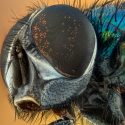






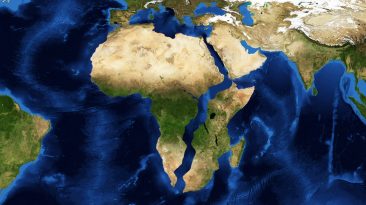
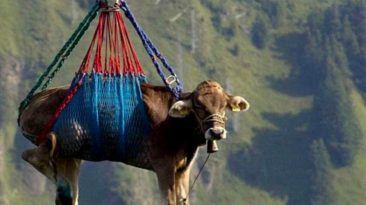
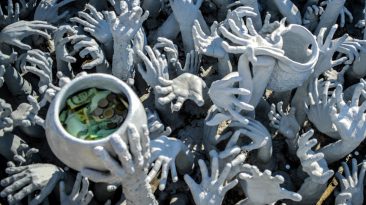
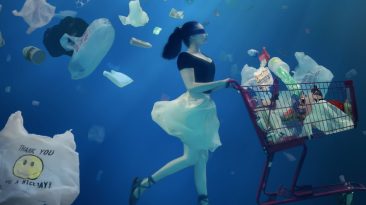

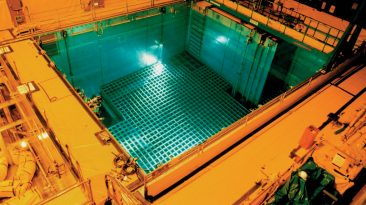



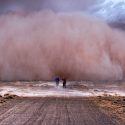




The ocean is a soup of virus, bacteria and plankton that feeds billions, sequesters CO2 and creates most of our oxygen. That soup created the forests, plants, animals and kept everything in balance. Humans filled the oceans with our own soup of poop, pee, condoms, tampons, dirty diapers, medical waste, PCBs, and the worst ingredient of all plastic. Bacteria, virus and PCBs hitch a ride on that plastic and PCBs modify the viruses DNA it becomes “novel” able to defeat more bacteria upsetting the balance. It’s exponential growth can be partially attributed to sewage it’s in much of our waterways,… Read more »